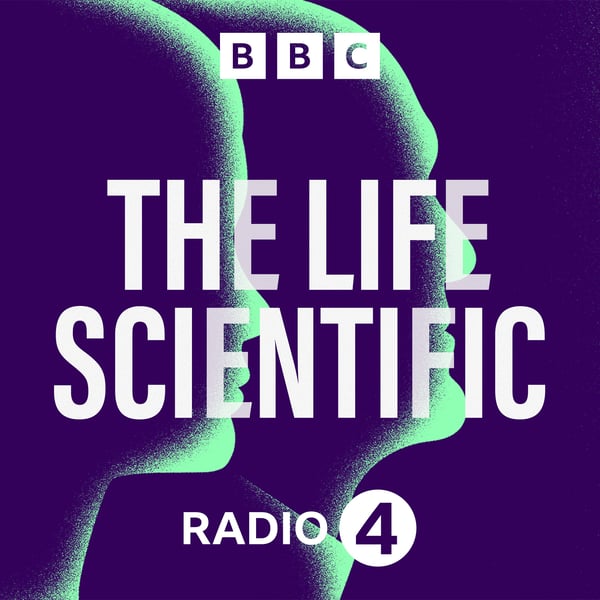2019 Nobel Prize winner for Physiology or Medicine, Sir Peter Ratcliffe
The Life Scientific
BBC
4.6 • 1.4K Ratings
🗓️ 4 February 2020
⏱️ 29 minutes
🧾️ Download transcript
Summary
Transcript
Click on a timestamp to play from that location
| 0:00.0 | You're about to listen to a BBC podcast and trust me you'll get there in a moment but if you're a comedy fan |
| 0:05.2 | I'd really like to tell you a bit about what we do. I'm Julie Mackenzie and I commission comedy |
| 0:10.2 | podcast at the BBC. It's a bit of a dream job really. |
| 0:13.0 | Comedy is a fantastic joyous thing to do because really you're making people laugh, |
| 0:18.0 | making people's days a bit better, helping them process, all manner of things. |
| 0:22.0 | But you know I also know that comedy is really |
| 0:24.4 | subjective and everyone has different tastes so we've got a huge range of comedy on offer |
| 0:29.6 | from satire to silly shocking to soothing profound to just general pratting about. So if you |
| 0:36.2 | fancy a laugh, find your next comedy at BBC Sounds. |
| 0:40.1 | Hello and welcome to the podcast of the Life medical research has solved the key to one of our body's most adaptive processes. |
| 0:52.8 | BBC Sounds, Music, Radio Podcasts. |
| 0:57.8 | Sir Peter Ratcliffe is a remarkable physician and medical researcher. A couple of months ago on stage in Stockholm he |
| 1:05.3 | received the 2019 Nobel Prize for Physiology or Medicine along with two |
| 1:10.3 | Americans William Caylin of Harvard and Greg Simenza of Johns Hopkins, for successfully |
| 1:15.7 | tackling one of the biggest puzzles in physiology. |
| 1:18.9 | How do our bodies adapt to a lack of oxygen? |
| 1:22.2 | At high altitude, for example, or when there are insufficient levels |
| 1:25.1 | in our muscles during exercise. |
| 1:27.6 | The fundamental importance of oxygen has been understood for centuries. |
| 1:31.4 | Our bodies are amazingly clever at being able to fine-tune |
| 1:35.0 | themselves to carry on functioning under a range of conditions. But how the |
| 1:39.7 | individual cells are able to sense oxygen levels and then alter their activity to |
... |
Transcript will be available on the free plan in -1883 days. Upgrade to see the full transcript now.
Disclaimer: The podcast and artwork embedded on this page are from BBC, and are the property of its owner and not affiliated with or endorsed by Tapesearch.
Generated transcripts are the property of BBC and are distributed freely under the Fair Use doctrine. Transcripts generated by Tapesearch are not guaranteed to be accurate.
Copyright © Tapesearch 2025.

